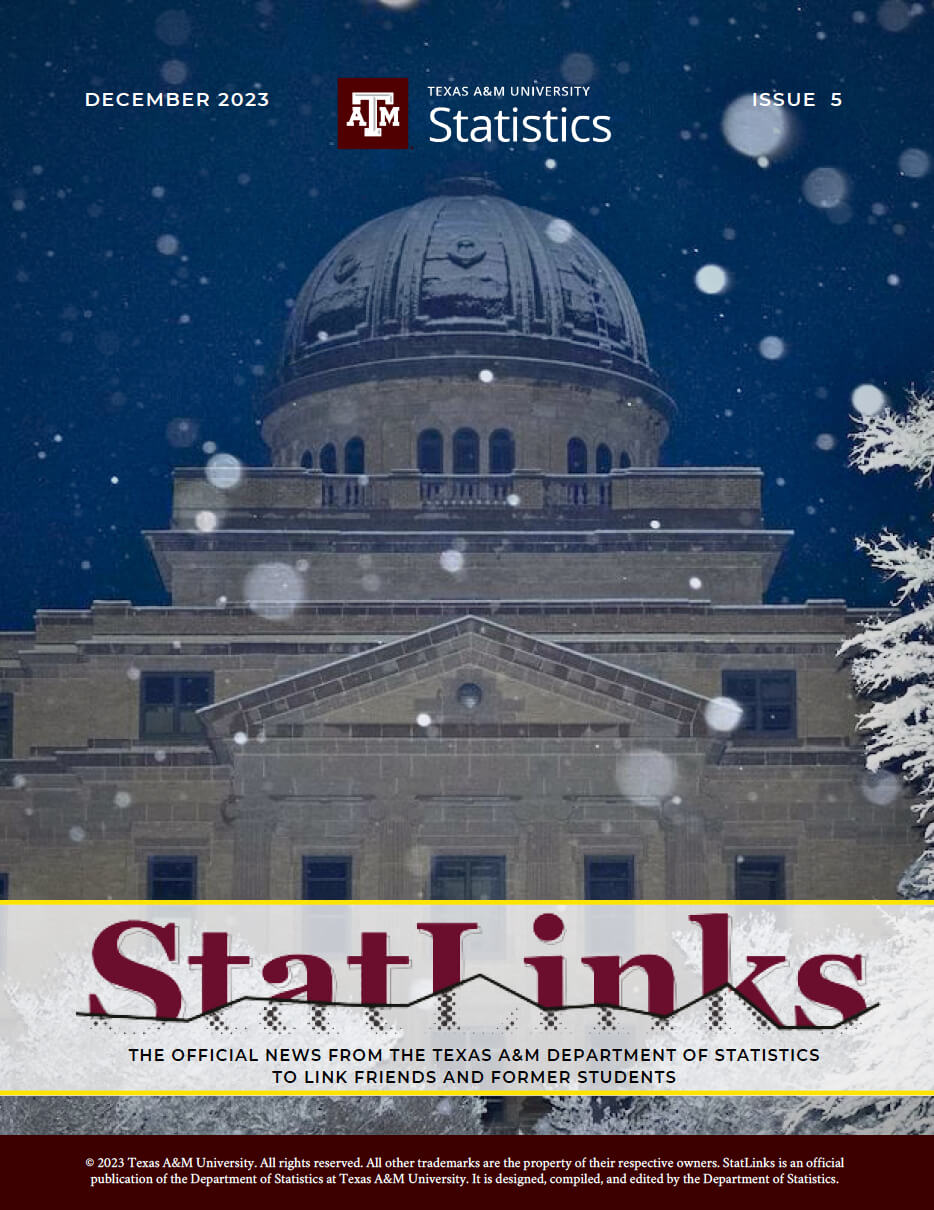PEIYONG ANNIE QU 
GUEST LECTURER FOR THE RONALD R. HOCKING LECTURES
Professor of Statistics, Director of the Illinois Statistics Office
University of Illinois at Urbana-Champaign
ABOUT ANNIE QU:
Dr. Qu is the Professor of Statistics, and the Director of the Illinois Statistics Office at the University of Illinois at Urbana-Champaign. She is a Brad and Karen Smith Professorial Scholar awarded by the College of LAS of UIUC (2017-2020). She received her Ph.D. in Statistics from Penn State in 1998. Her research interests include machine learning, medical imaging, recommender system, natural language processing, personalized medicine, longitudinal/correlated data analysis, missing data, model Selection and nonparametric models. Dr. Qu received an NSF Career award in 2004-2009. She is a fellow of the Institute of Mathematical Statistics and of the American Statistical Association, and the past Chair of the Statistics Learning and Data Science Section of the American Statistical Association. Previously, she was Assistant and Associate Professor at Oregon State in 1999-2008, and a biostatistician at the Cleveland Clinic Foundation in 1999. She has also held visiting faculty positions in the Department of Biostatistics at the M. D. Anderson Cancer Center in 2004-2005 and at the University of Washington in 2005-2006.
Individualized Multilayer Tensor Learning with An Application in Imaging Analysis
ABSTRACT
This work is motivated by breast cancer imaging data, which is quite unique in that the signals of tumor-associated microvesicles (TMVs) are randomly distributed from each individual image. This imposes a significant challenge for conventional imaging regression and dimension reduction models assuming a homogeneous feature structure. We develop an innovative multilayer tensor learning method to predict disease status effectively through utilizing subject-wise imaging features and integrating multimodality information. Specifically, we construct a multilayer decomposition which leverages an individualized imaging layer in addition to a modality-specific tensor decomposition. One major advantage of our approach is that we are able to efficiently capture the individual-specific spatial information of microvesicles through combining multimodality imaging data as well as incorporating modality-wise features simultaneously. To achieve scalable computing, we develop a new bi-level block improvement algorithm. In theory, we investigate both the algorithm convergence property and asymptotic consistency for model estimation. We also apply the proposed method for simulated and human breast cancer imaging data. Numerical results demonstrate that the proposed method outperforms other existing competing methods.
Joint work with Xiwei Tang and Xuan Bi.
Friday, 10/5/2018, BLOC 113, 11:30 AM

